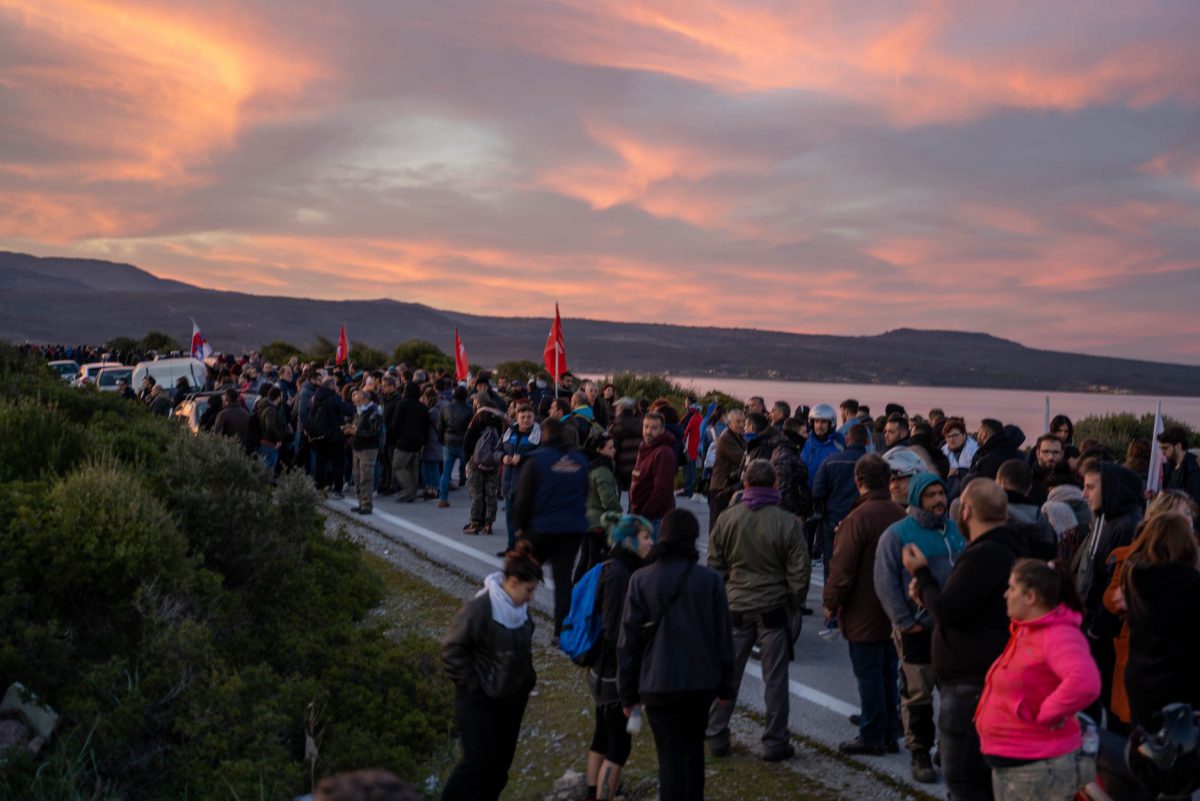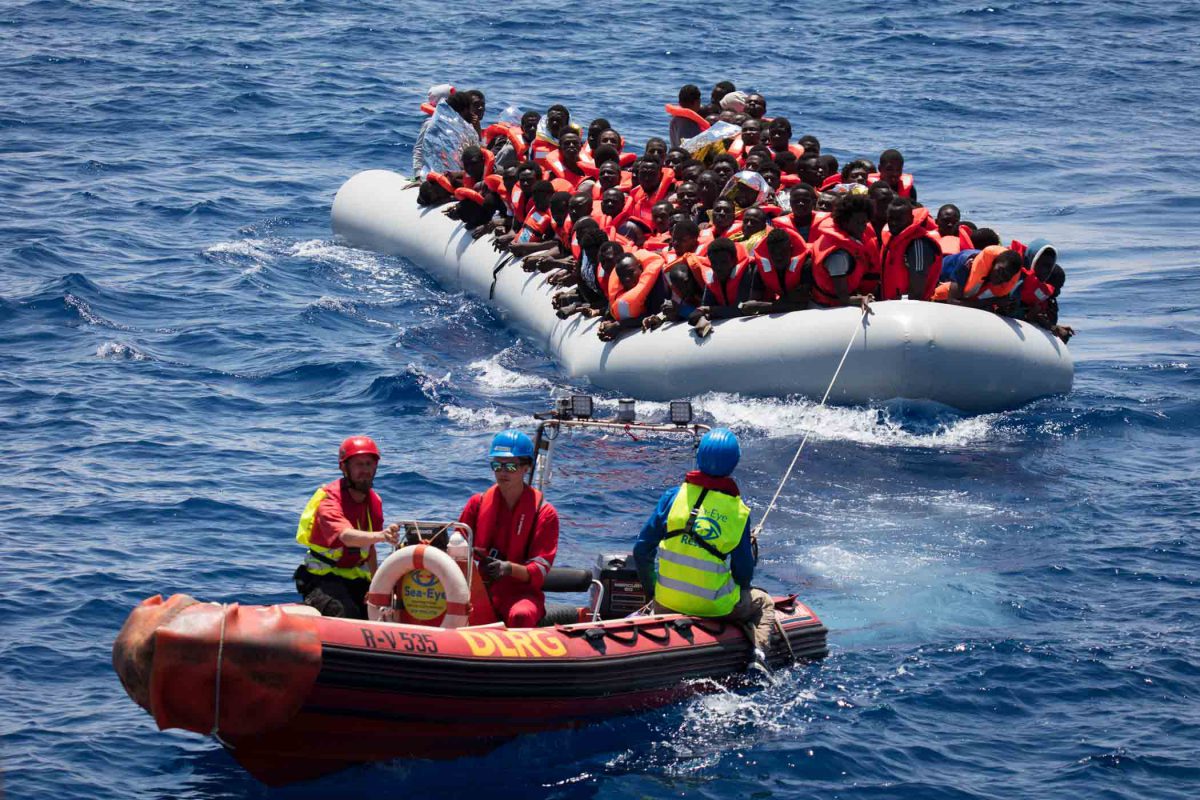Question: Situation on the border between Turkey and the EU
In order to be able to exercise my parliamentary control function as a Member of the European Parliament, I have the opportunity to put questions to the European Commission. The Commission must answer these questions.
On 04/03/2020, I asked the Commission the following questions:
Priority question for written answer P-001313/2020 to the Commission
Subject: Situation on the border between Turkey and the EU
Since Turkey's decision to open its borders on Friday, 28 February, the situation on the border between Turkey and the EU at the border between Turkey and the EU. Officials have that a four-year-old Syrian boy has died in the waters off Lesbos. and journalists report that a Syrian refugee was shot dead by border guards. border guards was shot dead. In addition, the Greek government has announced a decision to increase deterrence at the border and to block new asylum applications for one month. The UNHCR estimates that about 1200 people arrived on the East Aegean islands on March 1 and 2. East Aegean Islands on March 1 and 2.
The suspension, albeit temporary, of the right to apply for asylum and any violation of the principle of non-refoulement are unlawful under the Geneva Convention, the Charter of Fundamental Rights and the Treaty on European Union.
1. what the Commission will do to ensure that the EU and its Member States take account of international asylum law and EU asylum law?
2. will it look into the alleged use of violence at the EU-Greece border, including the use of tear gas and the excessive use of physical force by border guards against asylum seekers?
3. what measures the EU will take, in coordination with international organisations, including the UNHCR and the IOM, to alleviate the pressure on Member States of first entry?
P-001313/2020
Answer given by Commissioner Ylva Johansson on behalf of the European Commission:
According to Article 4 of the Schengen Borders Code[1] Member States must, when carrying out border checks, comply with the relevant Union legislation relating to access to international protection and the principle of Non-rejection act.
The Commission takes seriously all allegations of the use of force at the EU's external borders and understands that the Greek authorities are investigating all cases. Although Member States are responsible for determining which measures are appropriate to prevent unauthorised border crossings, the use of physical force must be justified and proportionate. The Commission is assisting the Greek authorities in de-escalating tensions and restoring calm and order at the border.
On 4 March 2020, the Commission adopted an Action Plan for urgent measures in support of Greece.[2] was presented. Recent achievements of the initiative include the coordinated relocation of around 1600 unaccompanied minors from Greece to other Member States and the transfer of 1000 vulnerable migrants from hotspots to local hotels as part of the measures to contain the spread of the COVID-19 virus. In addition, the new Migration and Asylum Pact will include proposals for wide-ranging solidarity with Member States of first entry. The Commission continues to work closely with international organisations in this regard, in particular the International Organisation for Migration and the United Nations High Commissioner for Refugees, which continue to play a crucial role in the implementation of EU assistance to migrants and refugees.
[1] Regulation (EU)2016/399 of the European Parliament and of the Council of 9 March 2016 establishing a Union Code on the rules governing the movement of persons across borders (Schengen Borders Code).
[2] https://ec.europa.eu/commission/presscorner/detail/de/IP_20_384


